Art is powerful. And social scientists can tell us why. A couple years ago, Center for Artistic Activism Executive Director Rebecca Bray started to research what social scientists tell us about the powers of art. She dug into the literature looking at the role art and creativity play in our world. Rebecca wanted to put …
Tag Archives: research
Towards an International Research Co-Lab on Artistic Activism
Last week we held a second meeting to give shape to what we are calling an international research collaboratory (co-lab) on artistic activism. This is an initiative bringing together researchers from the Aoteroa/New Zealand, China, Denmark, Peru, Senegal, South Africa, Spain, the United Kingdom and the United States. Our collective objective is to generate a …
Continue reading “Towards an International Research Co-Lab on Artistic Activism”
Creative vs. Conventional Activism – Published in Social Movement Studies Journal
The Center for Artistic Activism’s Stephen Duncombe and Silas Harrebye’s evidence-based, empirical study demonstrates the effectiveness of creative activism.
How to talk about voter suppression
How do you talk about voter suppression and election issues without amplifying the doubts and fears seeded by those who benefit from voter suppression? This resource we’ve been sharing with our Unstoppable Voters Project participants. It’s an interview with Anat Shenker-Osorio in Rolling Stone: “There’s a Right and a Wrong Way to Talk About Trump’s …
The Copenhagen Experiment: The Report
This is the first ever public experiment on the comparative efficacy and afficacy of artistic activism vs more traditional forms of activist intervention.
The Copenhagen Experiment
This is the first ever public experiment on the comparative efficacy and afficacy of artistic activism vs more traditional forms of activist intervention.
Assessing the Impact of Artistic Activism – Report
After nearly a decade of interviews with artistic activism practitioners and over a year of reviewing academic literature and professional reports, the C4AA Æfficacy Project Research Team has released a substantial report: Assessing the Impact of Artistic Activism. Read and download the full report or a concise 4-page summary. Assessing the Impact of Artistic Activism …
Continue reading “Assessing the Impact of Artistic Activism – Report”
Webinar #18: How Do We Know If It Works? Part 1
This is one of our most popular webinars. We’re sorry if you missed it happening live, but you can check out the video, which is 97.587% as great. Sign up for future webinars to get in on the live action. In this webinar, Steve and Steve talked with the fantastic scholar/activist Jan Cohen-Cruz and A …
Continue reading “Webinar #18: How Do We Know If It Works? Part 1”
What Would Jesus Do? (as a Creative Activist)
By C4AA Co-Founder Stephen Duncombe My proselytizing here is of a political rather than religious nature. It isn’t the divine figure of Christ I am interested in but the purely historical Jesus, a radical Mediterranean Jewish peasant building a revolutionary movement two millennia ago. Jesus of Nazareth was an activist, and, judging by the two-thousand …
Continue reading “What Would Jesus Do? (as a Creative Activist)”
Familiar vs. Novel – Everything is a Remix
First, if you’ve never seen Everything is a Remix, go watch it now. It’s a great primer on creativity, originality, and copyright. Recently Kirby Ferguson posted a new installment about the new Star Wars movie, The Force Awakens. https://vimeo.com/167069783 Towards the end he makes a point about a sweet spot existing between the familiar and …
Continue reading “Familiar vs. Novel – Everything is a Remix”
How do you measure the impact of socially engaged art?
In our new Æfficacy project we’ve been working with our colleague George Perlov, thanks to funding from The Open Society Foundations and The Compton Foundation to begin to answer that question. As a first step, we’re conducting a literature review on the topic and George will be spotlighting a few of the interesting things we’ve found so far. Today …
Continue reading “How do you measure the impact of socially engaged art? “
And what do I do now? Using Data Visualization for Social Change
Last week, the C4AA’s Steve Lambert attended the Responsible Data Forum on Data Visualization. In this article, Lambert discusses how data visualizations for social change can leverage emotion to achieve objectives. Those who visualize data can be reluctant to sully themselves in the messy world of emotions and empathy. If your goal is social change …
Continue reading “And what do I do now? Using Data Visualization for Social Change”
The future and why we are terrible at predicting it « You Are Not So Smart
I am listening to the You Are Not So Smart Podcast and reminded of how often Stephen Duncombe and I encounter these faulty visions of the future. Thing like “We’ll never be able to do _______.” or “That’s just not going to happen.” come up in our workshops. It is because we all have such …
Continue reading “The future and why we are terrible at predicting it « You Are Not So Smart”
In Kansas, Climate Skeptics Embrace Green Energy – NYTimes.com
Attempts by the Obama administration to regulate greenhouse gases are highly unpopular here because of opposition to large-scale government intervention. Some are skeptical that humans might fundamentally alter a world that was created by God. If the heartland is to seriously reduce its dependence on coal and oil, Ms. Jackson and others decided, the issues …
Continue reading “In Kansas, Climate Skeptics Embrace Green Energy – NYTimes.com”
BJ Fogg’s Behavior Model
What Causes Behavior Change? My Behavior Model shows that three elements must converge at the same moment for a behavior to occur: Motivation, Ability, and Trigger. When a behavior does not occur, at least one of those three elements is missing. go to site for the rest
Charting Creativity: Neurologically
Charting Creativity: Signposts of a Hazy Territory NY Times, Patricia Cohen, May 7, 2010 Grab a timer and set it for one minute. Now list as many creative uses for a brick as you can imagine. Go. The question is part of a classic test for creativity, a quality that scientists are trying for the …
Art Power
Boris Guys, Art Power (MIT Press: 2008) “Art becomes politically effective only when it is made outside the art market — in the context of direct political propaganda.” “Of course, one can easily argue that such propaganda art is simply political design- and image-making….They are making advertisements for a certain ideological goal — and they …
New Anti-Smoking Ads Warn Teens 'It's Gay To Smoke'
New Anti-Smoking Ads Warn Teens ‘It’s Gay To Smoke’
Politics of Surrealism
Some interesting tidbits from The Politics of Surrealism by Helena Lewis (NY: Paragon House, 1988) ” tried to link together two revolutions: that of the mind, by liberating the unconscious, and the social and economic revolution of the masses. The Surrealists always maintained that one of the most important ways to undermine capitalism is to …
Art and Revolution – The MIT Press
As hopeful as it is incisive, Art and Revolution encourages a new generation of artists and thinkers to refuse to participate in the tired prescriptions of marketplace and authority and instead create radical new methods of engagement. Raunig develops an indispensable, contemporary conception of political change—a conception that transcends the outmoded formulations of insurrection and …



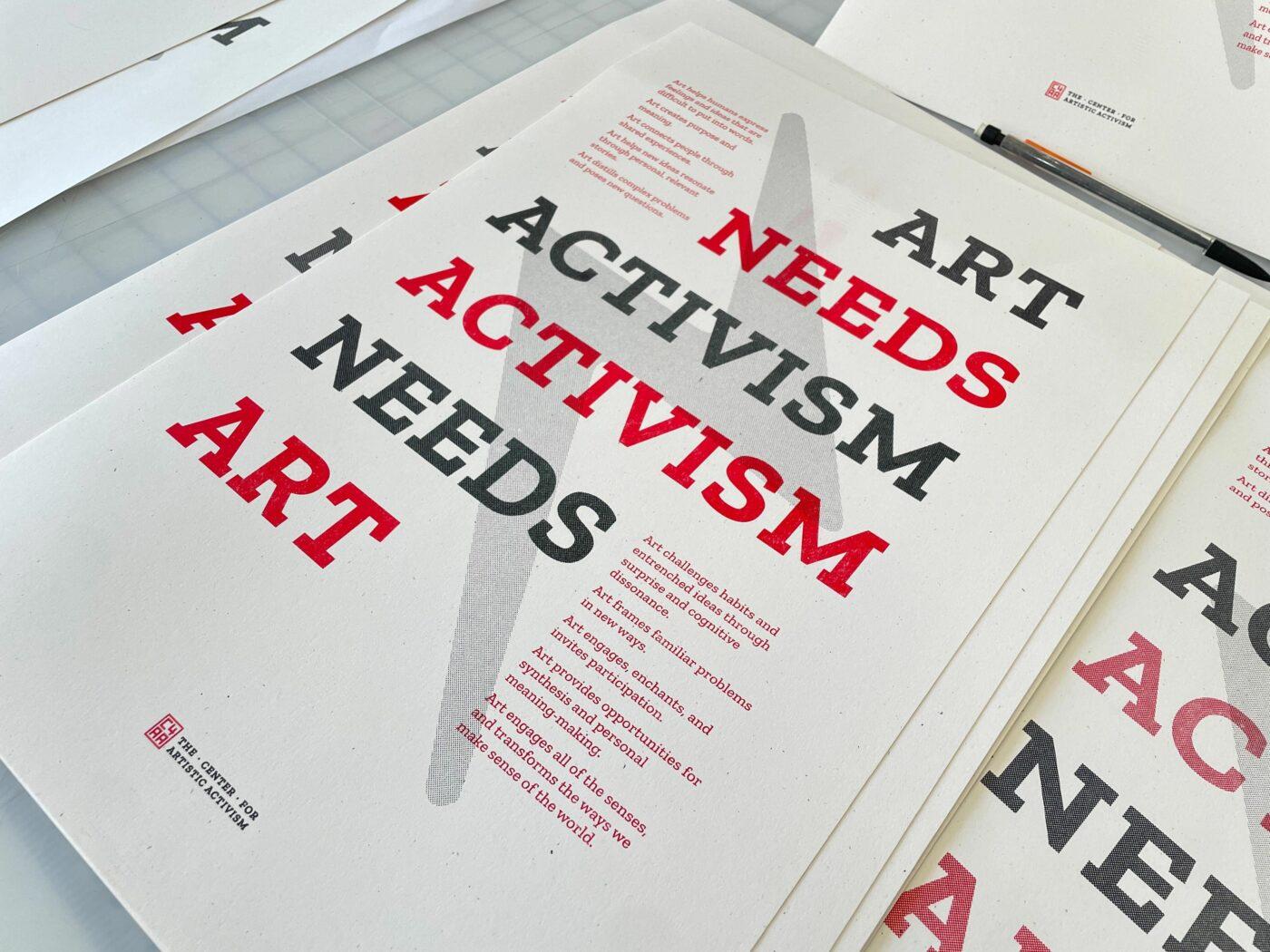
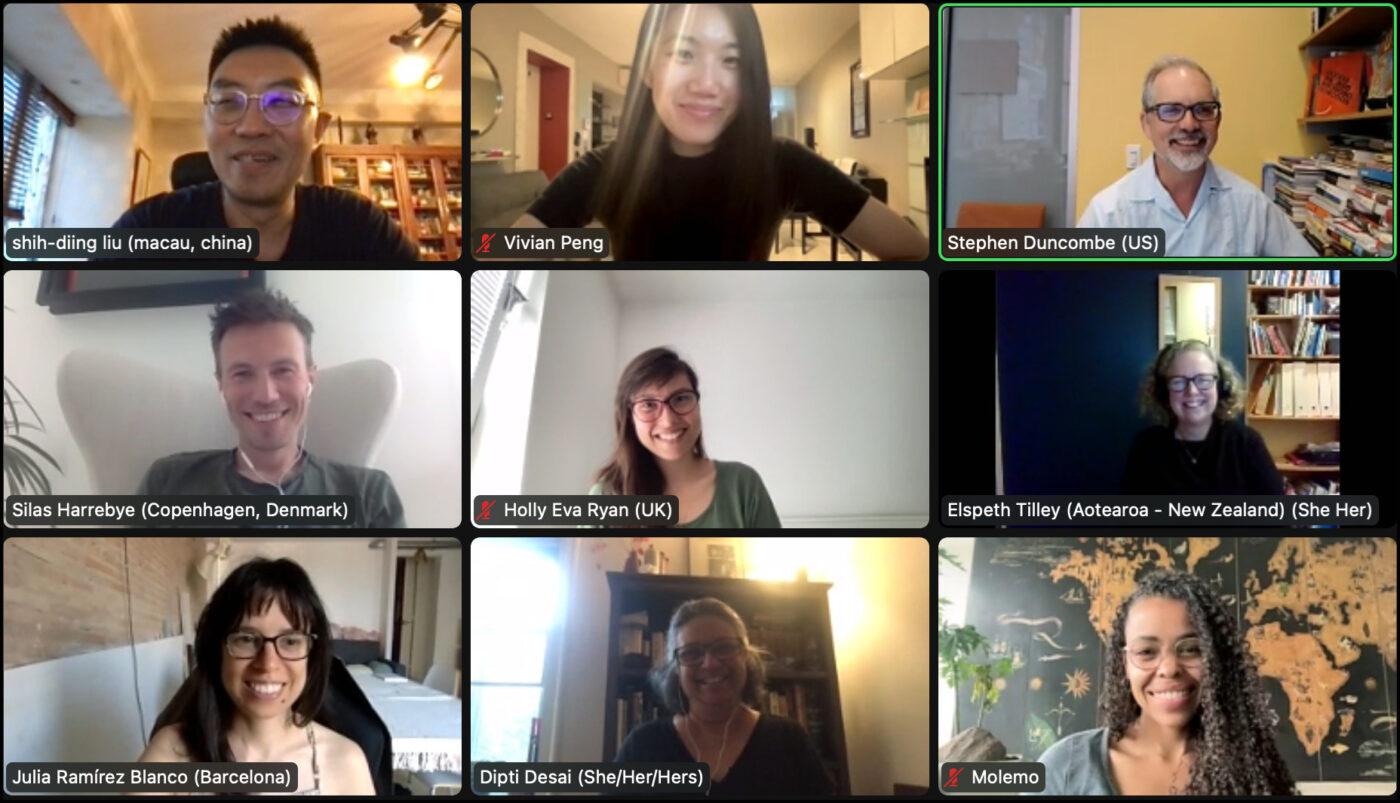

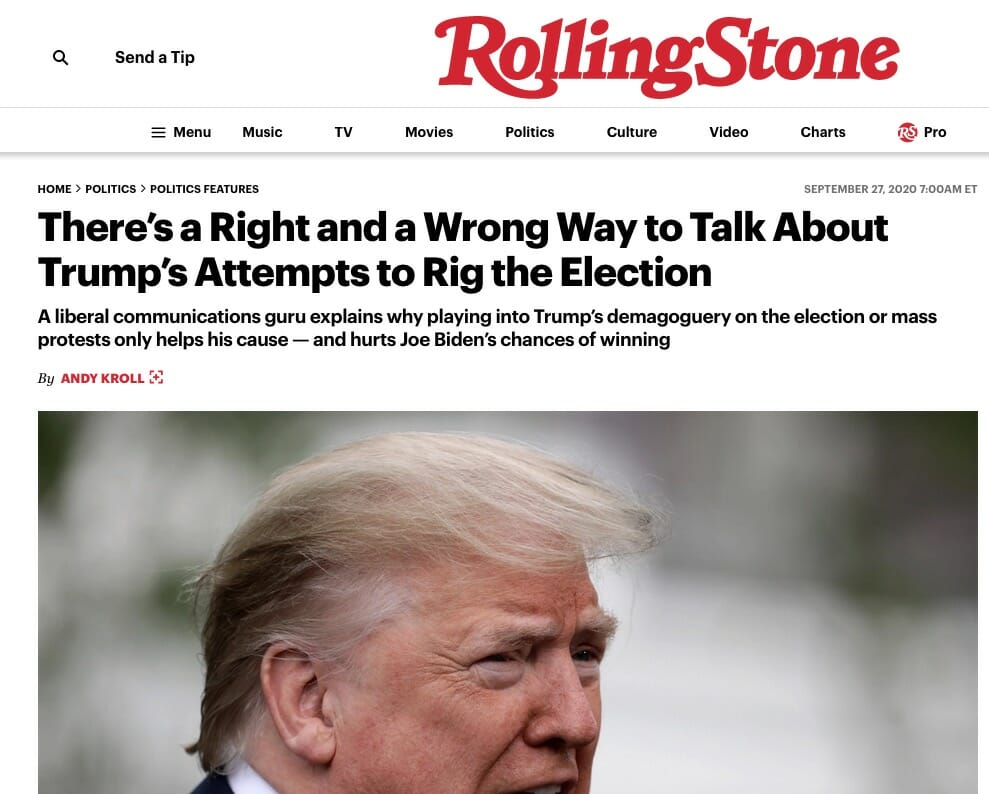
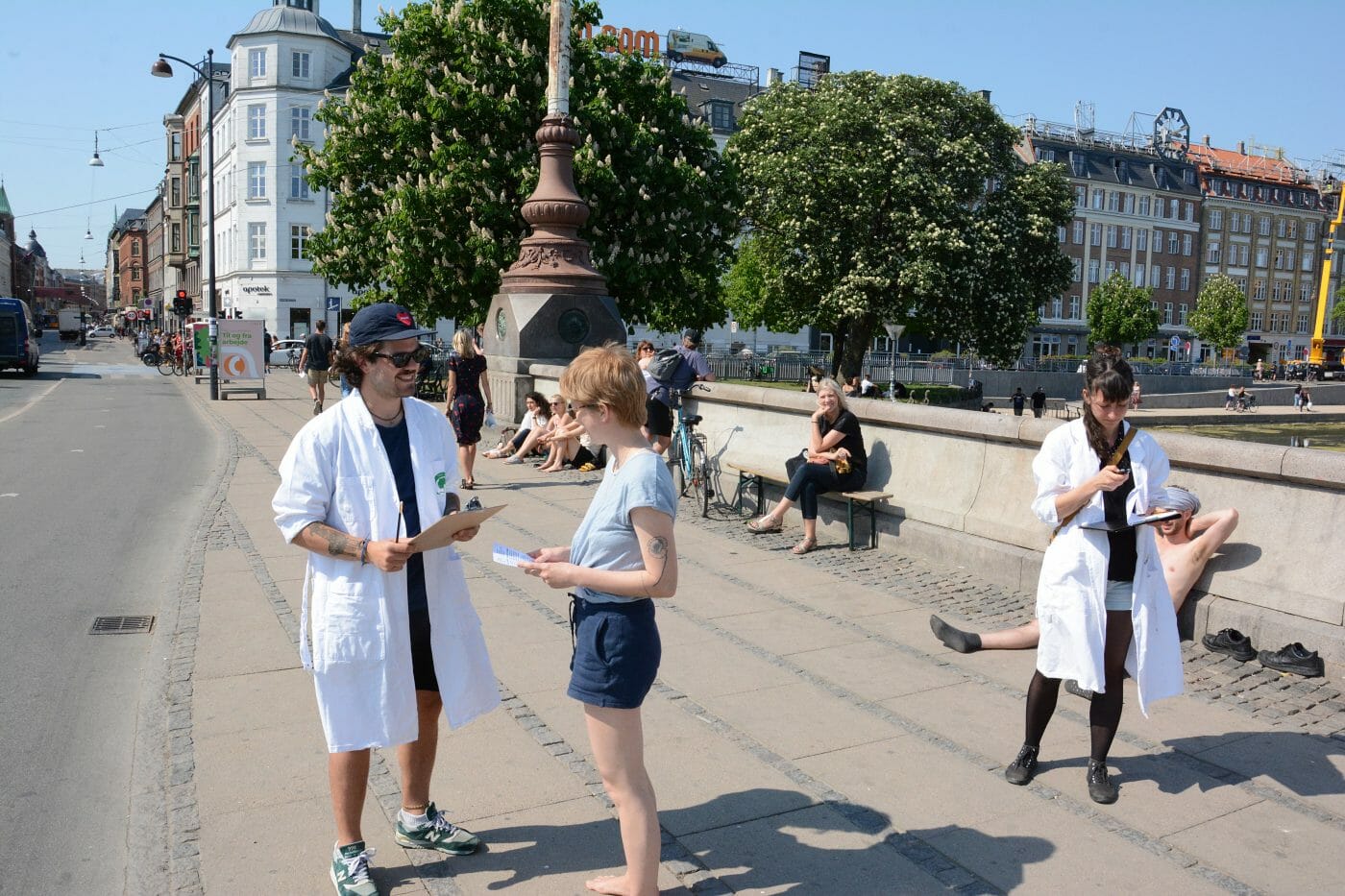
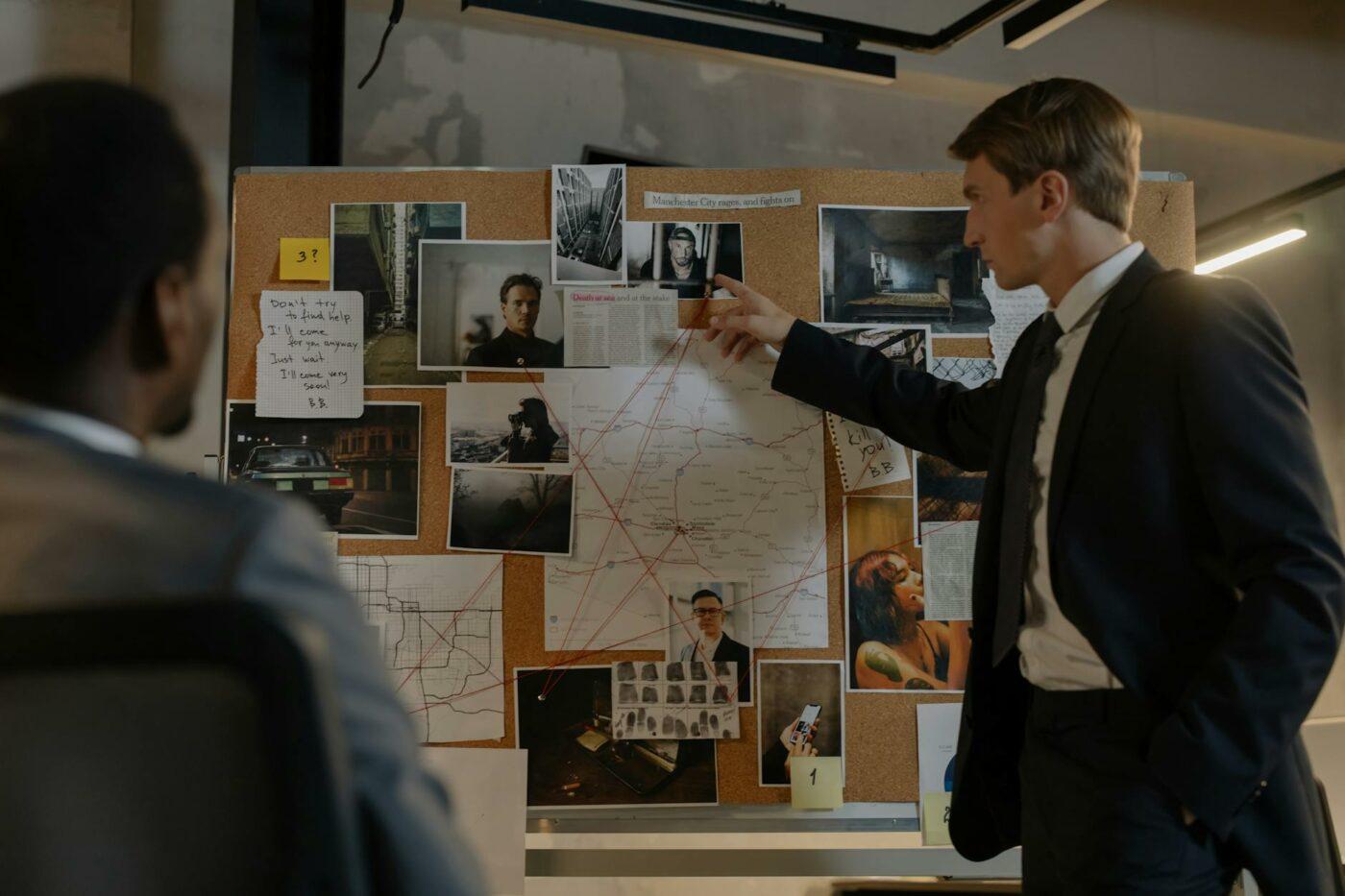
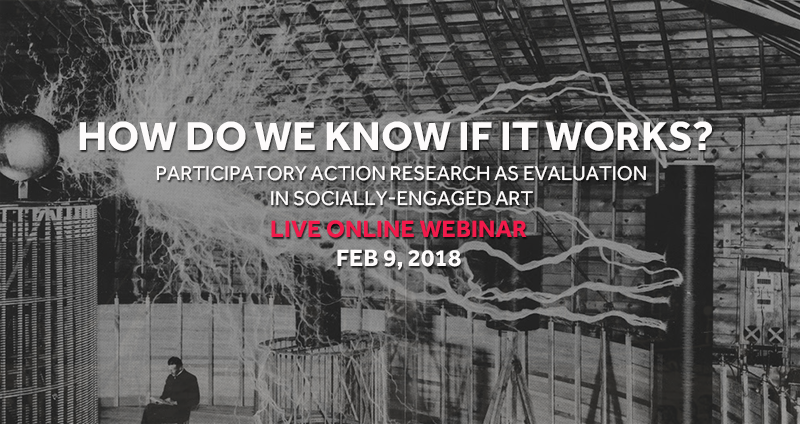

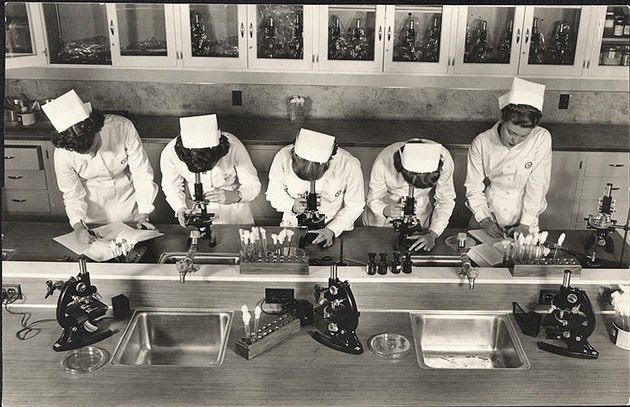
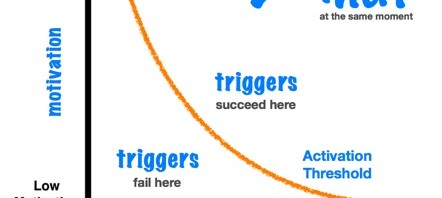
You must be logged in to post a comment.